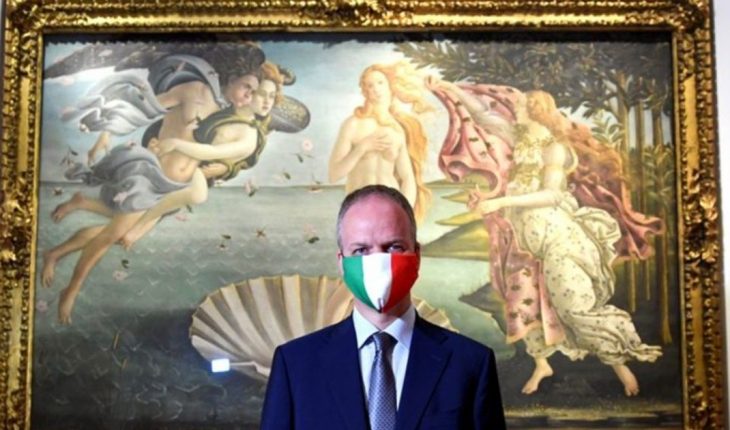After a few months of summer and relaxation, coronavirus “the second wave” came to hit Europe hard and leave worrying numbers of infected and deceased across the continent. Scientists and specialists around the world foreseed this phenomenon known as “the second wave” that forces most European countries to take further containment measures to prevent the spread of the virus. Among the countries most affected are Italy, Belgium and Switzerland which have already announced further closures and restrictions by the escalat of the pandemic. The list follows Czech Republic, Holland, France, United Kingdom and Spain.
In Italy, Prime Minister Giuseppe Conte announced that after 9:00 pm Italian mayors will be able to close the busiest areas of their cities in the event of agglomeration. The measure reaches bars, restaurants, gyms, schools, among other spaces. This decree was approved after Italy recorded an average of 9,000 infections daily since last week. Specifically, 11,705 new positives were detected today, the highest figure in the country, although it must be clarified that more tests are now done than at the beginning of the pandemic. The health situation in Brussels is one of the most serious in all of Europe, Belgian Health Minister Frank Vandenbrouke said this Sunday. For this reason, this Monday will release a new battery of measures that include a curfew between midnight and five in the morning, the closure of cafes and restaurants and the obligation to telework.
Switzerland, for its part, recorded unprecedented numbers of coronavirus cases. That is why new measures will also be implemented from this Monday to stop the spread of the virus, such as forcing companies to practice telework and the mandatory use of water cover in all closed places of public access. Outdoor gatherings of more than 15 people and private events will be prohibited as this is where most contagion occurs. According to the French Press Agency (AFP) count, Switzerland is the country in Europe where the contagion rate has risen by 146% since last week. Czech Republic, is in a state of emergency since 5 October and although all spaces in the education and leisure sector are closed, health authorities recommended voluntary confinement of the entire population. The Central European country has 701 cumulative cases per 100,000 inhabitants.
In Holland they closed all bars, restaurants and cafes and can only sell takeaways. The UK also took stricter measures and banned meeting between people from other households in enclosed spaces, including pubs and restaurants. In Spain, which is in a state of emergency, meetings of more than six people are not allowed. Ireland banned home visits and reduced the number of people gathered outdoors to 15. Greece approved the mandatory use of masks in all enclosed public spaces, outdoors and on public transport. Portugal limited the meetings to a maximum of five people and banned the university parties and weddings of more than 50 guests. Switzerland is one of the least affected countries, although the authorities did not rule out future restrictions in the face of possible regrowthe. For now companies remain open and masks are not recommended as most people respected the estating and worked from home from the beginning of the pandemic.
In this note:





